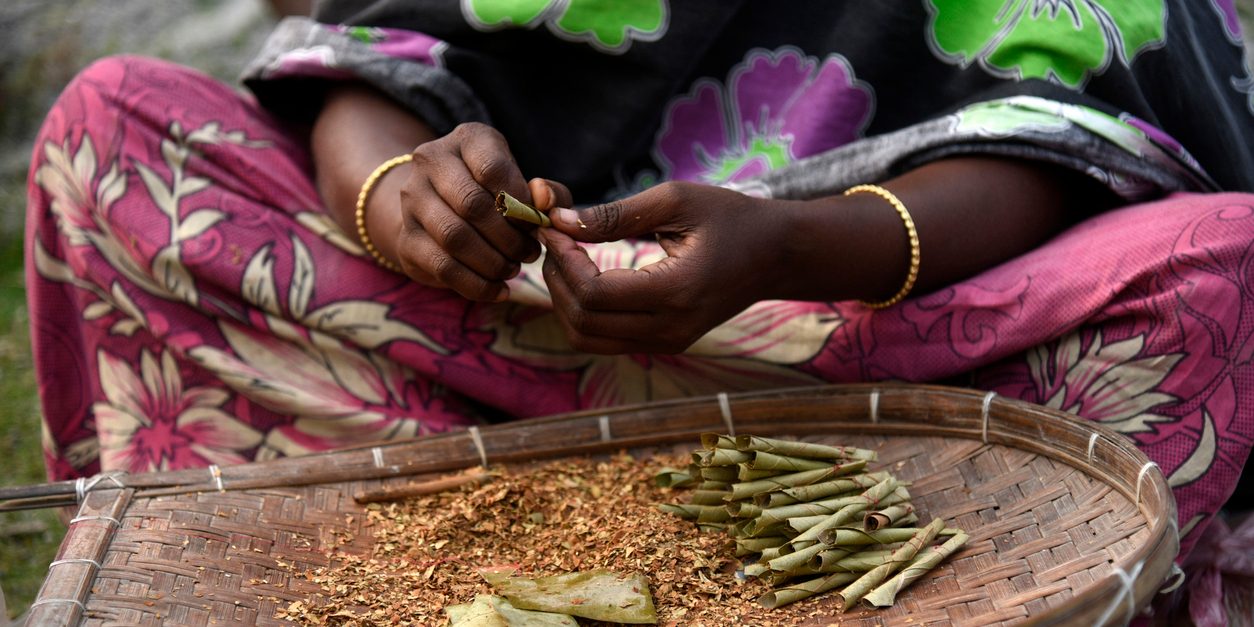
Impact: George Institute study on occupational health hazards among ‘bidi’ workers informs WHO policy brief
After reviewing the current evidence on occupational health hazards of bidi workers, WHO-India has issued a policy brief recommending that bidi rolling should be classified as a hazardous process. Bidi - dry tobacco rolled in a leaf native to the country – is the most common smoking product in India. With 85 percent market share, the bidi industry is estimated to employ about 49 lakh (4.9 million) people, predominantly in the unorganised sector. Women comprise 90 percent of this workforce.
The George Institute was earlier this year commissioned by WHO-India to conduct a systematic review on the occupational health hazards of bidi workers in India.
This review formed the basis of WHO-India’s recent policy brief which provides evidence for the recommendation that bidi rolling work needs to be classified as a hazardous process.
Our review of 95 research studies in India showed that bidi workers have a high prevalence of respiratory, musculoskeletal, gastrointestinal, neurological, skin, and cardiovascular disorders. This is in addition to diseases of the eye, ear, nose and throat.
For women, who comprise most of the bidi workforce, the health hazards are particularly serious. Studies have reported higher risk of cervical cancer, decreased fertility, increased frequency of miscarriages and increased risk of anaemia and pregnancy induced hypertension among them. Children of bidi workers tend to have low birth weight, are small for gestational age and are more likely to have stunting, respiratory and gastrointestinal illnesses.
The magnitude of literature on the high prevalence of disease conditions and the consistency in evidence from case-control studies indicate a potentially causal relationship between bidi workers and adverse health outcomes because of their occupation, hazardous work environment and socio-economic conditions.
In a media statement about the policy brief, Dr Roderico H. Ofrin, WHO Representative to India, said, “About 90 percent bidi rollers in India are women and there is a need to tailor specific health interventions to address health issues faced by them and integrate these with existing public health programmes. In addition, safe working conditions and alternative sources of livelihood are also needed.”
India is a signatory to the WHO Framework Convention on Tobacco Control and implementing the recommendations of the study will strengthen India’s already strong commitment towards Articles 17 and 18 of the Convention.
Learn more about our project on environmental risks and health hazards of bidi workers and their communities in India.







